5 Core traits of a FIXER Attachment Personality Pattern: Overcoming codependency When I was a little girl, right in my back yard was a tall tree. It was just the right tree for climbing into, settling into a little windy branch, and pretending to be in my invisible jet. I didn’t simply love wonder women. I thought I was wonder woman. Who were you? Did you like spier man or super man? The bionic woman? The world loves a good superhero. And why not? They make life so much easier, safer, and often better for everyone around them. What’s so bad about being a superhero? Well, a lot. Especially in the context codependency. When we’re young, if we’re born into a dysfunctional family where there is addiction, abuse, or toxicity, we take on a way of behaving and being to survive, thrive, connect, or cope in that dynamic. I call these ways of being Attachment Personality Patterns (APPs). Think of them like masks we wear. Instead of being who we really are, we become who we need to to function in the dysfunction. We ask ourselves, “Who do I need to be in order for this to work?” One of the 8 Attachment Personality Patterns is The Fixer. You can think of the Fixer as the Hero in the family. As a child, this will usually be the most responsible person in the house. The parents can be addicted, and the Fixer is making the other sibling’s breakfast and checking homework. The toxic parent will often reference the Fixer as proof that their drinking isn’t that bad, thinking everyone is okay, even though it’s the Fixer making sure of it. This personality pattern helps the child survive in the house. They make everything run when it would other wise fall apart. They aren’t afraid to call out the problems. They are adept at spotting them. The problems for the Fixer usually develop later in life when the strategies they used once upon a time to rescue their family members has turned into a way of operating in most relationships. Though it’s a new day, they are acting out of an engrained pattern. Before I give the 5 core traits, I want you to understand that I’m not diagnosing you. As a coach, I deal in patterns, not pathology. And it’s my belief that any patterns can be interrupted and changed. The first step is awareness, So, it’s important to identify yourself in the APPs so that you can consciously break the patters that were once on auto pilot. Core Trait 1. You consider yourself an empath. You have a knack for knowing what people need. You seem to feel their energy and find yourself in situations where you are highly attuned to the needs of others. You often can feel what others are feeling even if those others are unaware of what they need or feel. While this is a wonderful quality, it presents a problem when you are not equipped to protect yourself from the energy of others and you find yourself getting sucked into their emotions. Core trait #2. You have a compulsion to help even when help is not asked for. At your worst, you may become overbearing, inserting yourself into other’s problems. Because you believe you know what needs to be done to fix the problem, you may leap into action without being asked. You may also find at your core; you believe most people are incapable of taking care of their own problems. Core trait #3 You must be needed to have a relationship. If you do a relationship inventory, you find you play case manager, therapist, or coach in almost every scenario. Your relationships are unbalanced. You do all the giving and others do all the taking. Your primary goal is to tend to the needs of others around you and you become hyper focused on finding and solving their problems. You find this endears you to others as they come to rely on your help. Core Trait #4 You become resentful when others don’t take or follow your advice or don’t appreciate your help. Core trait #5 Your problems go unrecognized and your needs go unmet. While you are busy fixing others, you’re not able to focus on your own shortcomings. At it’s worst, you can be oblivious to your own issues. You put your needs on the back burner in favor of helping others. As you can imagine, any one of these traits would warrant concern. But if you happen to have more than one, you may be a Fixer. If you see this pattern in yourself, know that there is a way out. On the other side of this codependent behavior is freedom to be loved for who you are, not what you DO for others. Fixers believe at the core that they’re not lovable unless they’re helping others. Fixers get their self-esteem from solving other people’s problems. Fixers believe they must “earn their keep”. Bit what if none of that was true? What if you didn’t have to fix one more person or situation in order to be lovable? The way out of this codependency patten is to begin to work a recovery program. We’d love to have you in LYFE School which stands for Love Yourself First Empowerment. It’s a step-by-step system to overcome this old programming so you can have the relationships you deserve, If you are curious about that, you can find out more at lovecoachheidi.com Please leave your comments and let us know what resonates with you! Love, Coach Heidi
What is a Functioning Addict or Alcoholic?
We're going to talk about functioning addicts or alcoholics. What is it? What is the impact and what are you going to...

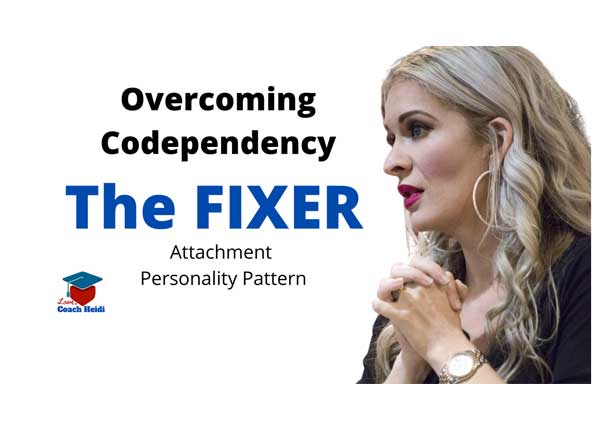
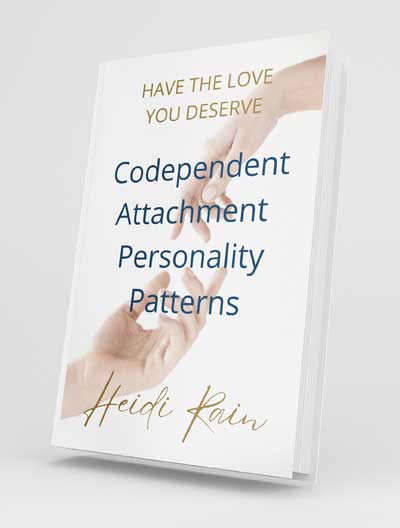
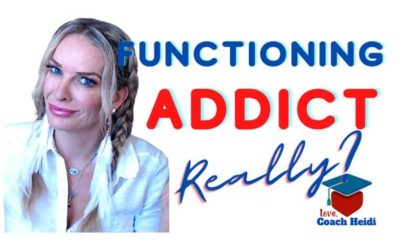
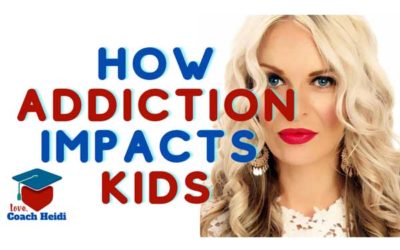
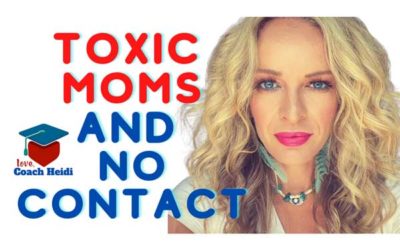
This was all me and all I e been through for many years, I definitely need help, 702-689-9962
Interested in learning about your program.